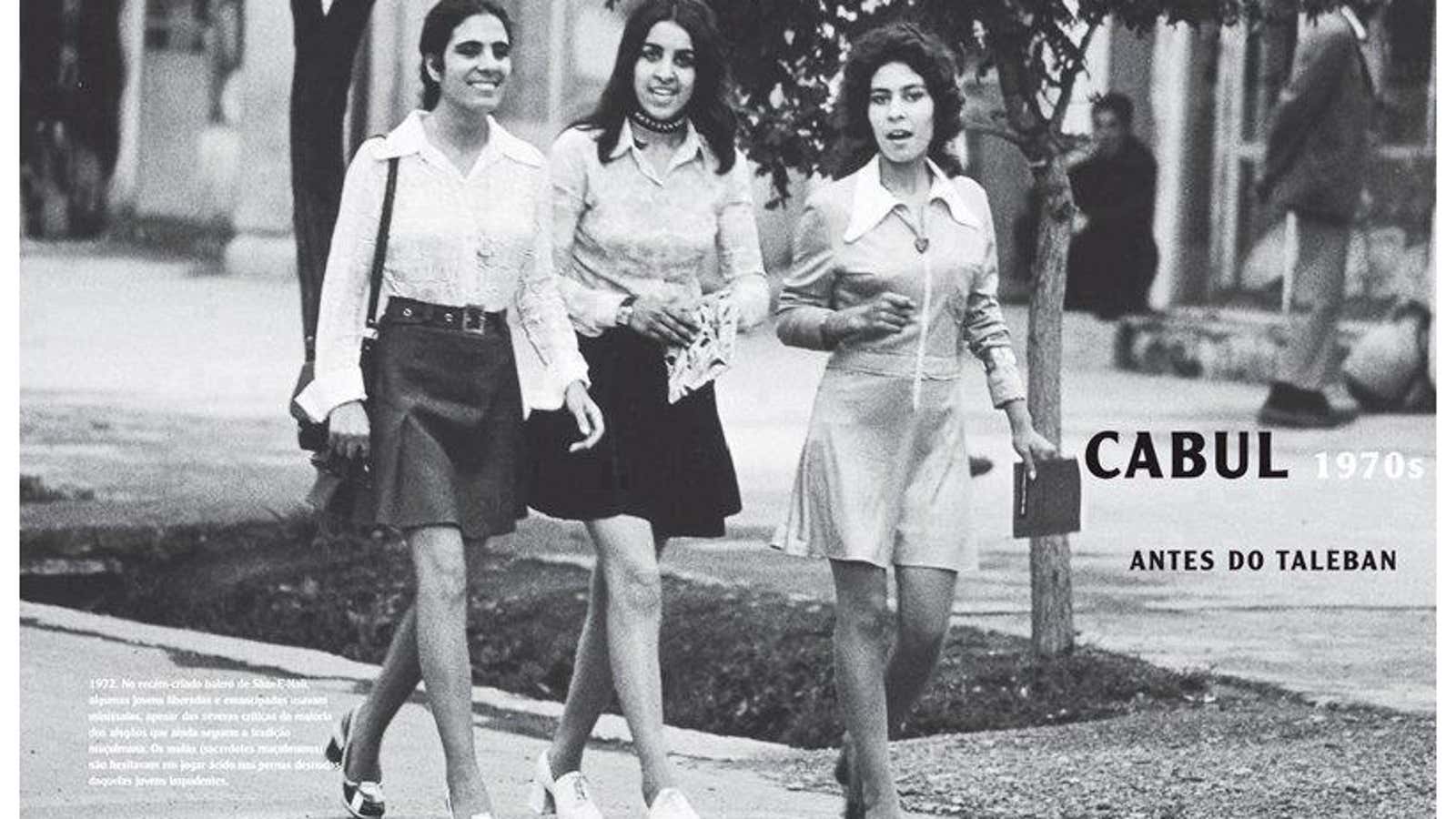US president Donald Trump departed from his “America First” strategy last night, committing the US to open-ended war in Afghanistan, and refusing to detail how many US troops might be sent to the ravaged nation or when they might leave.
It’s a sharp reversal from his promises on the campaign trail, when he called US involvement in the country “a complete waste,” and said it was time for the troops to come home.
“My original instinct was to pull out, and historically I like following my instincts,” Trump said Monday night. “But all my life, I have heard that decisions are much different when you sit behind the desk in the Oval Office.” Only after studying Afghanistan from “every conceivable angle” did he change his mind, he said. Trump’s military advisors, and particularly his national security advisor H.R. McMaster, have long advocated increased involvement in Afghanistan.
One of the ways McMaster convinced Trump to change his mind was showing him “a black-and-white snapshot from 1972 of Afghan women in miniskirts walking through Kabul, to show him that Western norms had existed there before and could return,” the Washington Post reports. That photo was most likely the highly-circulated photo above, taken in 1972, that has often been used by human rights groups and historians to explain how much more free women were in the years before the Taliban.
As Amnesty International writes about the photo:
Until the conflict of the 1970s, the 20th Century had seen relatively steady progression for women’s rights in the country. Afghan women were first eligible to vote in 1919 – only a year after women in the UK were given voting rights, and a year before the women in the United States were allowed to vote. In the 1950s purdah (gendered separation) was abolished; in the 1960s a new constitution brought equality to many areas of life, including political participation.
But during coups and Soviet occupation in the 1970s, through civil conflict between Mujahideen groups and government forces in the ’80s and ’90s, and then under Taliban rule, women in Afghanistan had their rights increasingly rolled back.
Amnesty doesn’t cite any source for the photo. Quartz has reached out to the group for more information and will update when available.
